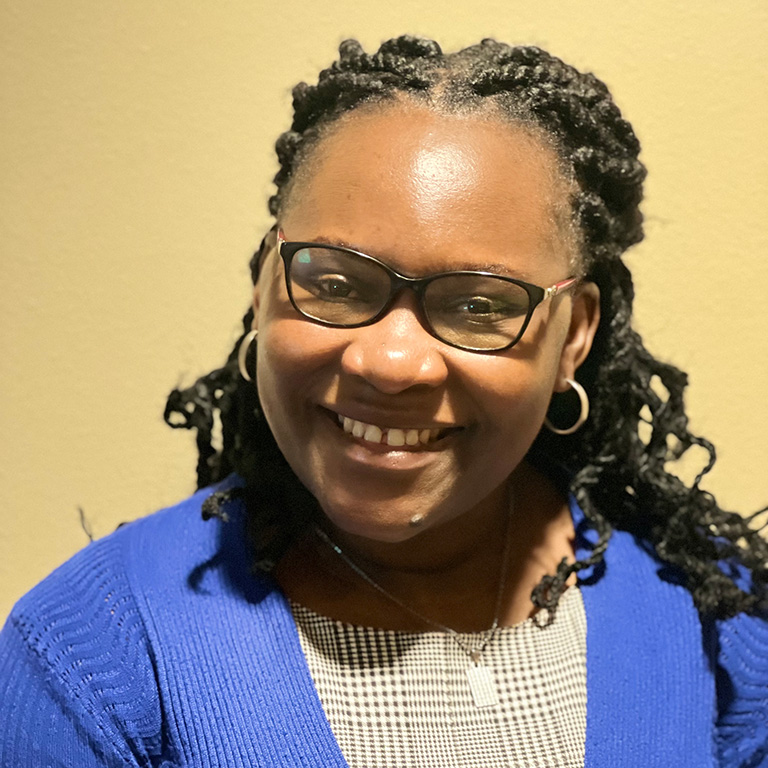Esther Kataate Namakula, a fourth-year doctoral Candidate at Indiana University’s School of Education, is on a mission to transform physics education in Uganda. Esther has a background in Physics and as both a physics educator and researcher, she has long been concerned with the underrepresentation of girls in this field. “Even when students chose science, they often gravitated toward chemistry, biology, or math—rarely physics. As a student, I was always a minority in my class. In the Physics undergraduate classes that I taught, I would see only three girls among ninety students, which always raised question,” she said. “But it motivated me to try to change that.” Through one of IU Global’s pre-dissertation grants she was able to return to Uganda to conduct a pilot study, setting the foundation for her dissertation research.
The pre-dissertation grant provides financial support for doctoral students to conduct preliminary research abroad ahead of their dissertation. For Esther, this grant was instrumental in allowing her to travel back home to Uganda and gather essential data exploring how physics teacher educators’ teaching methods could model inclusivity practices, for pre-service teachers to encourage inclusivity particularly for female students in secondary schools as this is where the pipeline.

Esther’s research is centered around physics education in Uganda, examining the pedagogical practices of university educators who train future physics teachers. Her study took her across the country to 5 universities and 5 national teacher colleges, where she conducted interviews with 25 teacher educators.
Through a series of interviews , Esther sought to understand whether these educators were using inclusive teaching practices that could help bridge the gender gap in physics education. She plans to revisit 12 of the 25 educators for a deeper analysis as she progresses in her dissertation research. She will use Interviews, class observations, student focus groups and document analysis for an in-depth analysis to understand how the Teacher educators draw from their Pedagogical Knowledge to model gender inclusive practices.
One of the biggest challenges Esther encountered was scheduling interviews with professors. Just like faculty in the U.S., many were busy, and securing appointments within her research timeline proved difficult. She remained persistent and successfully collected the data she needed to refine her research questions and develop the framework for her dissertation. The experience not only gave her insights into the current state of physics education in Uganda but also helped her identify gaps in teaching methodologies that could be addressed through better pedagogical training.
For students considering applying for a pre-dissertation grant, Esther emphasizes the importance of careful planning and preparation, she says.
“First, assess whether the grant is truly necessary for your research—since it is meant to support work that directly contributes to your dissertation, applying without a clear purpose may not be beneficial,” she shared. “Start searching for funding opportunities early, keeping track of deadlines and eligibility requirements to avoid last-minute stress. Seeking guidance from mentors or senior students who have successfully navigated the application process can provide valuable insights. Lastly, staying organized and ensuring all application materials are submitted on time will increase the chances of securing funding and making the most of the opportunity. I also prayed a lot because I really needed this money”
As Esther continues her doctoral journey, she remains committed to changing the narrative for women in physics. Her research is not just about identifying challenges but about finding solutions that encourage more girls to pursue physics in Uganda and beyond. Through her work, she hopes to inspire a new generation of female physicists who will break barriers in the field.
Leave a Reply